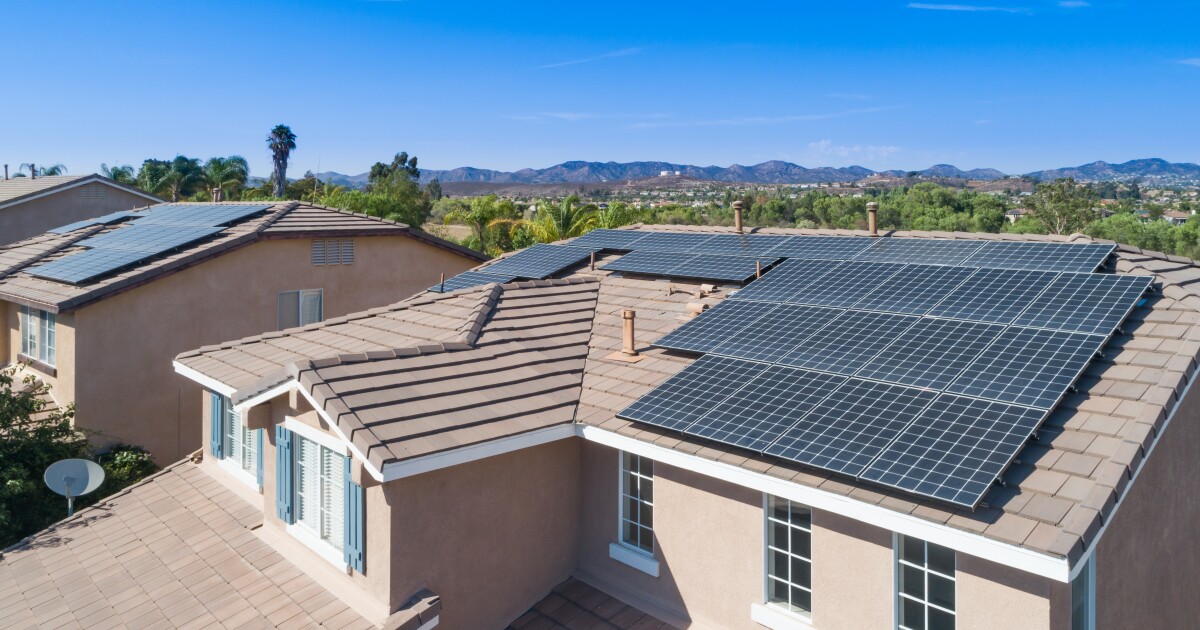
A consumer organization is accusing the solar energy business, and in particular those who finance the installations, of using
These practices could lead consumers to
The group issued a paper, The Shady Side of Solar Financing. It accused lenders of employing door-to-door sales teams that use high-pressure tactics, misleading information about potential energy savings or eligibility for energy tax credits. They use confusing contracts that supposedly leave the consumer in a worse-off position. Many of the
"Policymakers must prioritize regulatory and enforcement mechanisms to protect consumers — particularly the elderly and historically underserved low- and moderate-income residents in Native, rural, and urban communities — from abusive solar financing tactics and ensure that all communities can access the benefits of the nation's historic transition to sustainable clean energy," said Anneliese Lederer, paper co-author and senior policy counsel at CRL, in a press release.
The CRL cited estimates suggesting approximately 70% of all panel installations last year were paid for with a solar loan. Still, 4.4% of all residential homes in the United States had solar power systems installed as of 2023, the report said.
However, a separate study conducted last year by LendingTree found
These solar loans have many of the same features and were obtained using similar tactics to those used by subprime mortgage lenders during the 2000s, the CRL alleged.
The report lists three causes of foreclosure related to solar panel lending.
The home is foreclosed upon because the solar panel lien has first priority and is in arrears even if the consumer is current on their mortgage or have paid it off.
The second risk of foreclosure occurs if the homeowner is unable to refinance their mortgage due to the Uniform Commercial Code lien on the property.
Finally, a foreclosure occurs because the adjusted solar loan payments result in the homeowner being unable to pay their mortgage.
A UCC lien, while technically not on the property, can muddy the title because some jurisdictions view it as applying to the whole property, the CRL report explained.
In some cases, the solar system was
"Protecting homeowners from misleading sales methods, unscrupulous installers, predatory financing and other deceptive tactics in the residential clean energy market will give families confidence that they can safely invest in solar energy and support the transition to green energy," the report said.



